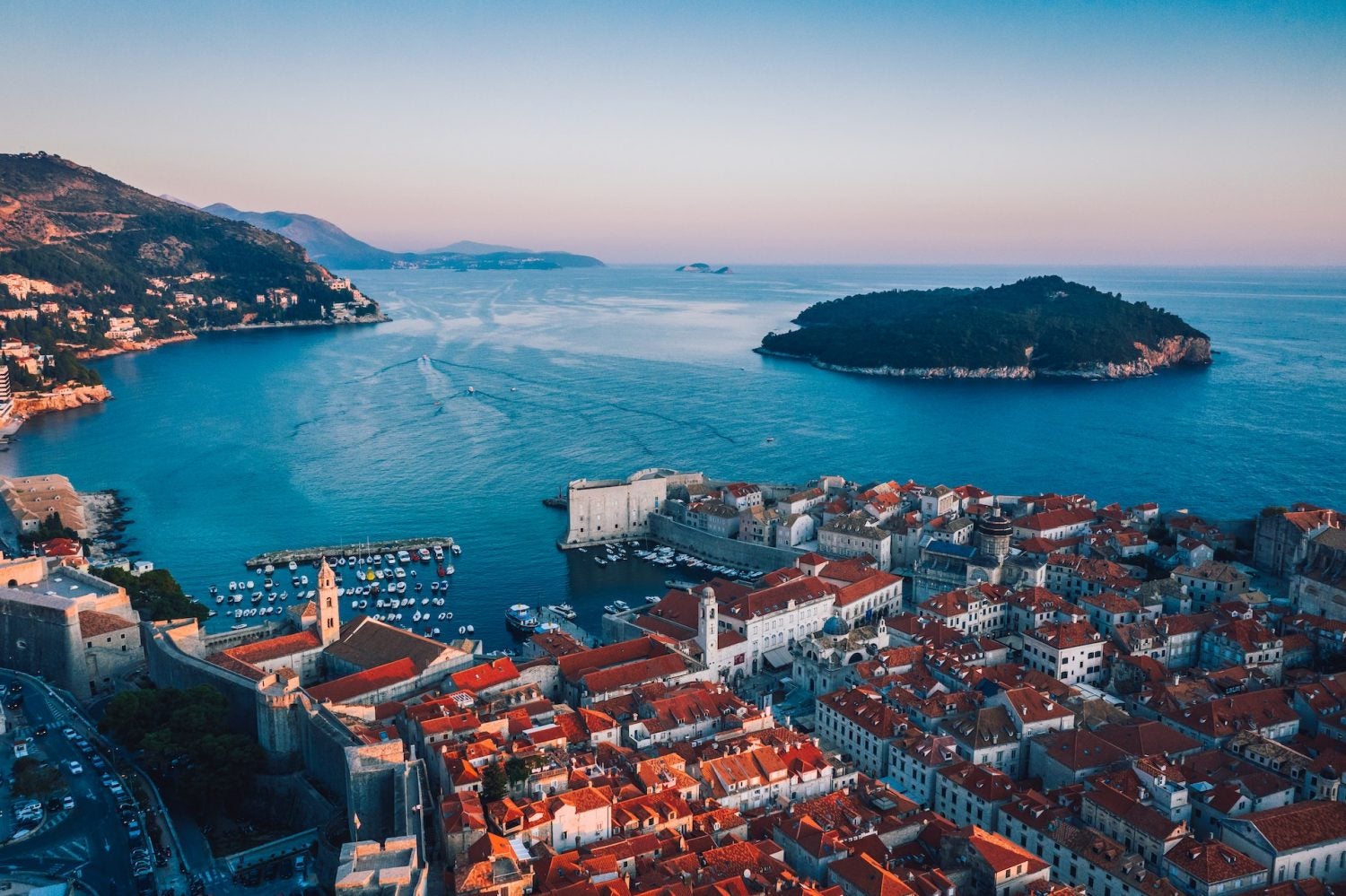In the modern era of globalisation, learning a new language is not just a fashionable skill but a necessity for many.
While languages like Spanish, French, and Mandarin often dominate the spotlight, there are hidden gems like Croatian that offer their own set of unique opportunities and benefits. When you learn Croatian, you can converse in a new tongue and access a rich cultural landscape that spans history, gastronomy, and natural beauty.
The Historical Relevance of Croatian
You’re not merely memorising words and phrases when you learn Croatian. You are also stepping into a time machine that takes you through various epochs, each contributing a piece to the complex puzzle of Croatian history. The language becomes a guide, shedding light on the nation’s rich past.
Croatian and the Kingdoms of Old
Croatia has been a crucial player in many regional kingdoms and alliances. Tracing its early roots back to the medieval Kingdom of Croatia, which was established in the 10th century, the language has been influenced by its interactions with Latin, due to Roman rule, and other Slavic languages. The Glagolitic alphabet, one of the oldest known Slavic alphabets, was used in liturgical texts, and it is in Croatia that it saw its most extensive usage.
The Austro-Hungarian Impact
During the long period under Austro-Hungarian rule, Croatian was influenced by German and Hungarian languages. The Croatian National Revival in the 19th century, also known as the Illyrian Movement, sought to standardise Croatia and separate it from the influences that had mingled with it over centuries. This was a critical cultural and linguistic moment in history, revealing how language can serve as a rallying point for national identity.
Under Yugoslavia’s Banner
The 20th century brought a new chapter as Croatia became part of Yugoslavia. The Serbo-Croatian language became the norm, a hybrid that sought to unify Southern Slavic ethnicities under one linguistic roof. However, the dissolution of Yugoslavia saw a renewed focus on defining Croatian as distinct from Serbian, highlighting again the role of language in nation-building and identity.
The Modern Croatian State
Since gaining independence in 1991, Croatia has worked on standardising and preserving its language, emphasising its unique vocabulary, grammar, and syntax. Modern Croatian is not just a tool for communication; it’s also a repository of the nation’s history and struggles. Various dialects and regional expressions offer a window into local histories and traditions.
Croatian Literature and Arts
The language has given rise to an enriching literature and artistic tradition. From the Renaissance works of Marko Marulić to contemporary writers like Dubravka Ugrešić, the Croatian language serves as the medium through which the country’s cultural and intellectual essence is expressed and preserved.
Learning Croatian, therefore, is not just about practical communication. It offers a more nuanced understanding of a country at the crossroads of empires, religions, and ideologies. Each word you learn carries the weight of a history shaped by a resilient and complex past. So when you learn Croatian, you are not just acquiring a skill but becoming part of a rich and intricate tapestry of human civilisation.
Unlocking A Rich Culinary Tradition
Croatian cuisine is a fascinating blend of Mediterranean and Slavic influences. Think of truffles in Istria, oysters in Dalmatia, and delicious ‘peka’—a dish where meat and vegetables are slow-cooked under a metal bell. Knowing Croatian terms and phrases can enhance your culinary journey in the country, allowing you to easily navigate menus and food markets and engage in meaningful interactions with locals.
A Gateway to Breathtaking Natural Scenery
Croatia has several national parks and nature reserves, including the renowned Plitvice Lakes. Learning Croatian enables you to explore these natural wonders more fully. Communicating with park guides, asking for directions, or reading local resources adds a layer of depth to your experience that simply can’t be achieved otherwise.
One of the best ways to experience Croatia and its rich landscape is through a cruise. There are loads of great deals with Norwegian Cruise Line, it’s definitely a place to visit.
The Advantage in Business and Diplomacy
Though not as globally dominant as English or Mandarin, Croatian holds its weight in specific business sectors, like tourism and shipping. Moreover, Croatia is a member of the European Union, and knowledge of the language can benefit diplomats or professionals aiming to engage with Croatian institutions or companies.
Fostering Personal Connections
Learning any language opens the door to making new friends and acquaintances. With Croatian, you may find it easier to connect with locals who might otherwise be hesitant to engage with tourists. Even a basic understanding of the language can go a long way in breaking down cultural barriers.
Resources for Learning Croatian
There are various resources available for those interested in learning Croatian. Websites, mobile apps, language schools, and tutors provide a range of options to suit different learning styles and paces. One excellent resource for language learners is the Ling App, which offers interactive lessons, quizzes, and exercises designed to make learning Croatian fun and effective.
So, why limit yourself to the mainstream languages when you can learn Croatian and open the doorway to a profoundly enriching cultural landscape? From its historical relevance to business advantages, the language offers opportunities just waiting to be explored.

















